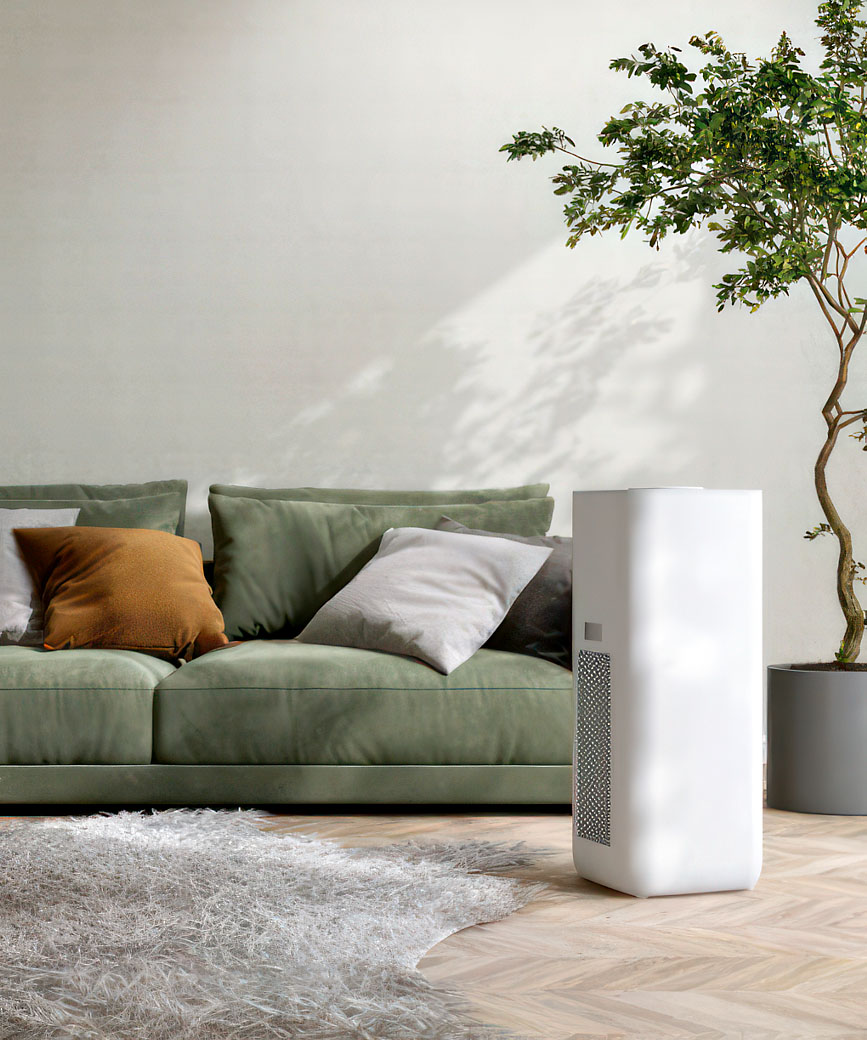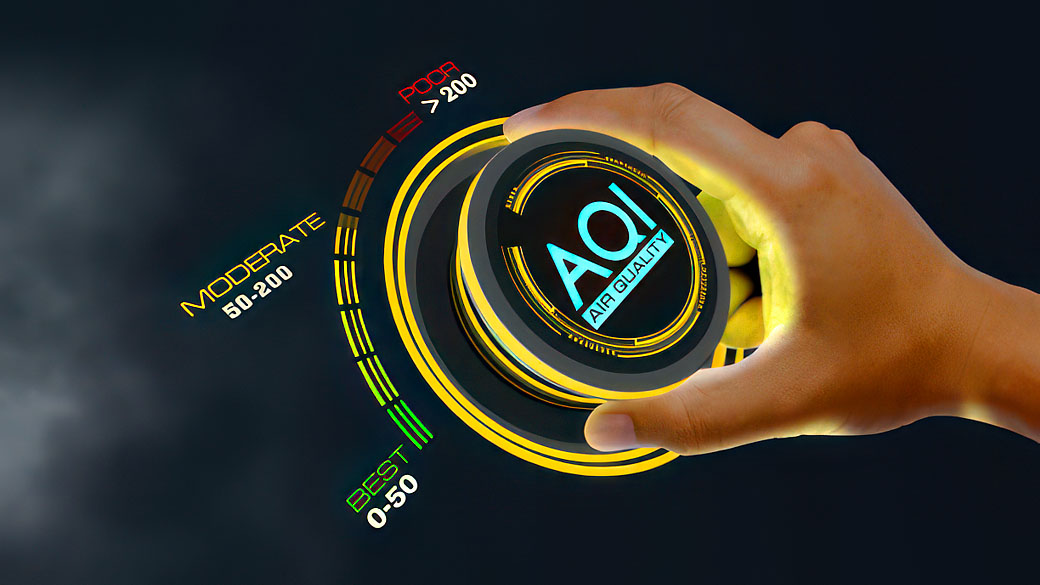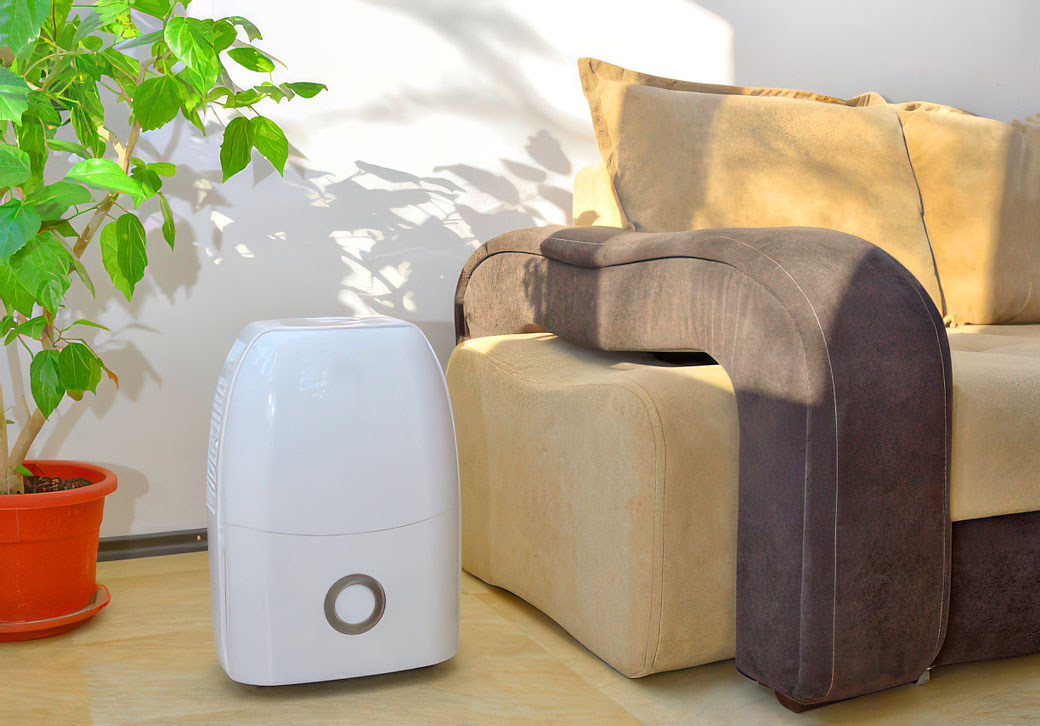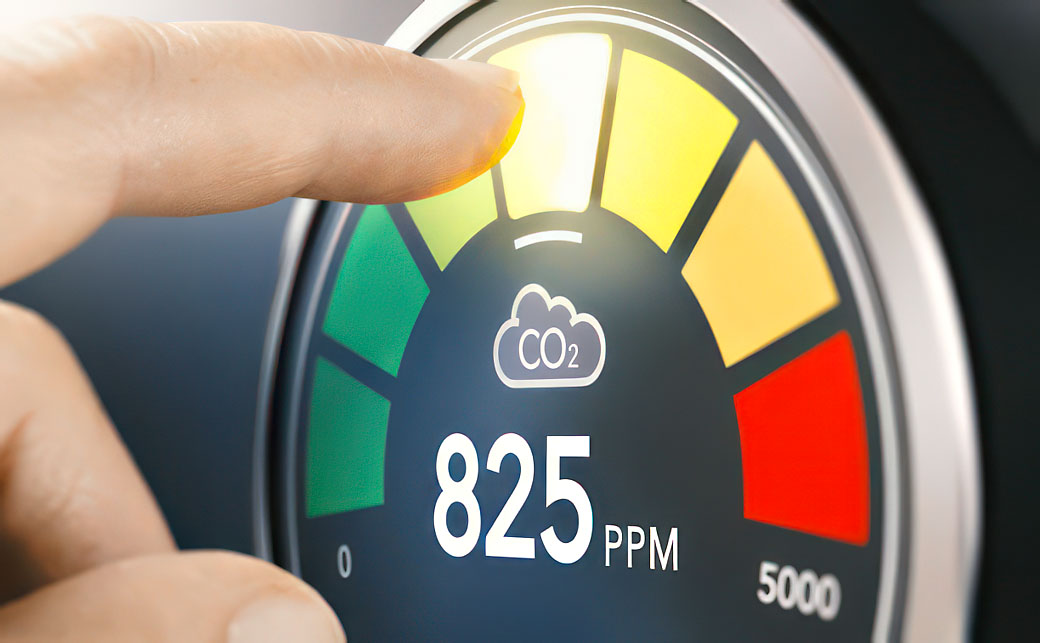
The Ultimate Guide to Choosing the Right Air Purifier
Are you tired of sneezing, coughing, or feeling congested in your own home? Do you want to create a healthier environment for you and your family? If so, investing in an air purifier could be the solution you've been looking for. In this comprehensive guide, we'll cover everything you need to know to choose the perfect air purifier for your needs.
Understanding Indoor Air Quality
Before we dive into the world of air purifiers, let's take a moment to understand indoor air quality (IAQ). Indoor air can be up to five times more polluted than outdoor air, according to the Environmental Protection Agency (EPA). Common indoor pollutants include dust, pollen, pet dander, mold spores, and volatile organic compounds (VOCs) from household products.
Benefits of Using an Air Purifier
Investing in an air purifier can significantly improve the air quality in your home and have a positive impact on your overall health and well-being. Here are some of the key advantages:
- Reduced allergens: Air purifiers with HEPA filters are incredibly effective at capturing and removing allergens like pollen, dust mites, and pet dander, offering relief for those who suffer from allergies.
- Improved respiratory health: By removing pollutants from the air, such as dust, smoke, and harmful chemicals, air purifiers can help reduce the risk of respiratory issues like asthma and bronchitis.
- Elimination of odors: Many air purifiers come equipped with activated carbon filters, which are excellent at absorbing and neutralizing unpleasant odors from cooking, pets, smoke, and other sources.
- Protection against germs: Some advanced air purifiers even include features like UV-C light technology such as highly rated air purifier GermGuardian AC4825E model, which can help kill bacteria and viruses, providing an extra layer of protection against airborne illnesses.
If you're ready to experience the benefits of cleaner, healthier air, check out our comprehensive list of the top highest rated air purifiers in 2024.
We've also highlighted three top-performing models that excel in different areas:
- Best Overall Air Purifier: LEVOIT Core 300
- Best Air Purifier for Asthma: Elevate Your Home : PuroAir 240 HEPA 14 (highest tier of HEPA 14 air filtration considered medical-grade)
- Best Air Purifier for Allergies: LEVOIT LAP-V201S-WUS (Smart WiFi)
Types of Air Purifiers
There are several types of air purifiers available, each with its own set of features and benefits. The most common types include:
- HEPA Air Purifiers: These purifiers use high-efficiency particulate air (HEPA) filters to capture 99.97% of particles as small as 0.3 microns.
- Activated Carbon Air Purifiers: These purifiers use activated carbon filters to adsorb odors, chemicals, and gases.
- UV Air Purifiers: These purifiers use ultraviolet (UV) light to kill bacteria, viruses, and other microorganisms.
- Ionic Air Purifiers: These purifiers release negatively charged ions that attach to airborne particles, causing them to fall to the ground.
Factors to Consider When Choosing an Air Purifier
When selecting an air purifier, consider the following factors:
- Room Size: Choose an air purifier that is rated for the size of the room where it will be used.
- Filter Type: Consider the type of filter used in the purifier and its effectiveness in removing pollutants.
- Noise Level: Some air purifiers can be noisy, so consider the noise level if you plan to use the purifier in a bedroom or office.
- Energy Efficiency: Look for an energy-efficient model to save on electricity costs.
- Additional Features: Consider additional features such as filter replacement indicators, programmable timers, and air quality sensors.
Conclusion
Investing in an air purifier is a great way to improve the air quality in your home and protect your health. By understanding your needs and considering the factors mentioned in this guide, you can select the perfect air purifier for your space. So, take a deep breath and start enjoying cleaner, healthier air today!
Trending Articles











